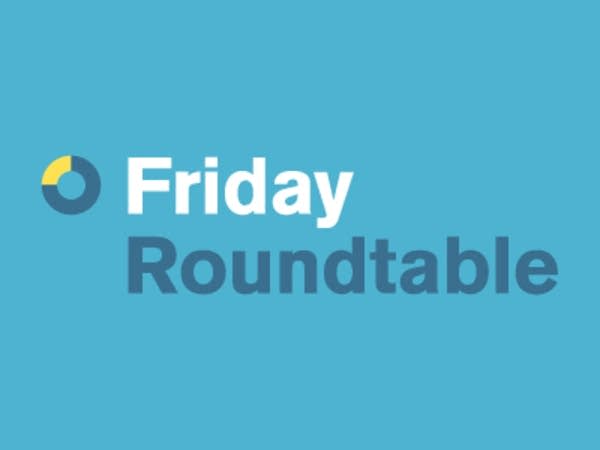Does the U.S. overreact to terrorism?

In a column in the Wall Street Journal, Ted Koppel argues that the recent closure of U.S. embassies across the Middle East was part of America's "chronic overreaction to terrorism." This week on the Friday Roundtable, our guests take that argument up for debate.
BOOK PICKS FROM OUR GUESTS
J. Brian Atwood: "The Expats" by Chris Pavone
Patti Weber: "Widow Spy" by Martha D. Peterson
Create a More Connected Minnesota
MPR News is your trusted resource for the news you need. With your support, MPR News brings accessible, courageous journalism and authentic conversation to everyone - free of paywalls and barriers. Your gift makes a difference.
John Radson: "The Red Pony" by John Steinbeck and "Hero" by Michael Korda
LEARN MORE ABOUT TERRORISM:
• Ted Koppel: America's Chronic Overreaction to Terrorism
Terrorism, after all, is designed to produce overreaction. It is the means by which the weak induce the powerful to inflict damage upon themselves — and al Qaeda and groups like it are surely counting on that as the centerpiece of their strategy.
It appears to be working. (Ted Koppel, in the Wall Street Journal)
• Caustic Light on White House's Reaction to a Terrorist Threat
The Obama administration's decision to evacuate so many diplomats on such short notice — however justified by the seriousness of the threat — has upset some of its foreign partners, who say the gesture contributes to a sense of panic and perceived weakness that plays into the hands of the United States' enemies, and impedes their efforts to engage with people in their countries. (New York Times)
• Fareed Zakaria: What America Has Lost
Some 30,000 people are now employed exclusively to listen in on phone conversations and other communications in the United States. And yet no one in Army intelligence noticed that Maj. Nidal Malik Hasan had been making a series of strange threats at the Walter Reed Army Medical Center, where he trained. The father of the Nigerian "Christmas bomber" reported his son's radicalism to the U.S. Embassy. But that message never made its way to the right people in this vast security apparatus. The plot was foiled only by the bomber's own incompetence and some alert passengers. (The Daily Beast)
